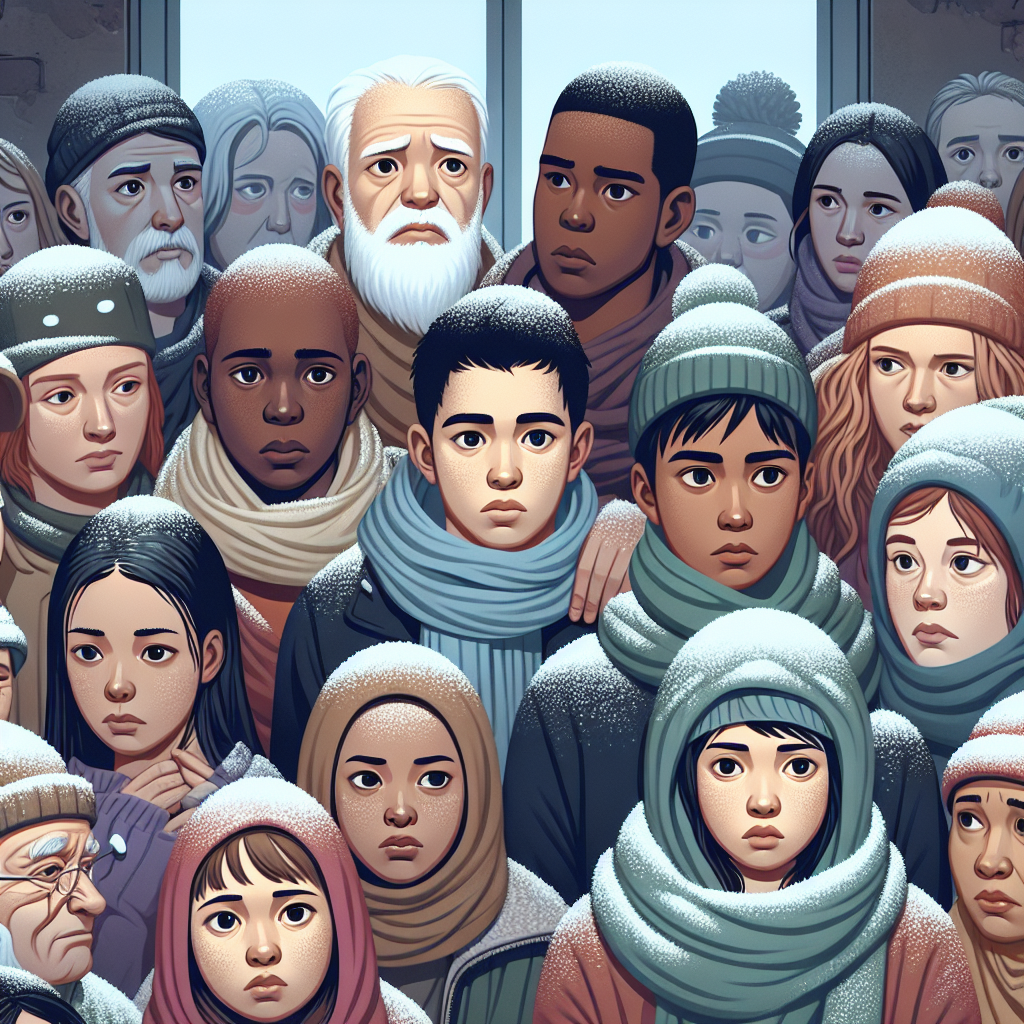Is this the America that was promised to us? An America where retired aides like Jacqueline Chapman, 74, are left shivering in the biting winter chill, dread gnawing at her as she fears that her heating aid will run out, thanks to the government’s shutdown? By the same government that she had once believed would, at the very least, keep the cold out of her home? Such are the questions that are now weighing heavily on the hearts and minds of millions of Americans.
An unconscionable political fiasco has left millions on the precipice of a frigid calamity. The $4.1 billion Low-Income Home Energy Assistance Program (LIHEAP), a lifeline for millions of low-income households across our nation, is trembling on the brink of collapse due to the government shutdown. And as temperatures continue their merciless descent, the chilling irony is that the very citizens who have put their faith in their government now find themselves in the icy grasp of uncertainty.
The already strained lifelines of these households are under threat. The Supplemental Nutrition Assistance Program (SNAP), which helps about 1 in 8 Americans put food on the table, is already gasping for funds. Now, LIHEAP too stares down the barrel of a funding crisis. As Mark Wolfe, executive director of the National Energy Assistance Directors Association, puts it, “These are important income supports that are all potentially heading toward a cliff.”
While the finger of blame is pointed towards congressional Democrats by the U.S. Department of Health and Human Services, one can’t help but question the very foundation of this crisis. Who is responsible for firing the workers who ran LIHEAP? Who proposed zero funding for the program in the budget? The very same administration that now claims commitment to reopening the government. How convenient!
Consider for a moment, the plight of Mark Bain, a retired 67-year-old from Connecticut. He received financial assistance for his home heating oil needs three years ago, without which he would be left in the teeth-chattering cold. Now, with the looming uncertainty of LIHEAP’s future, he finds himself in a desperate situation, wrestling with the fear of a winter without warmth.
The discord between public trust and the reality of the current political climate rings louder than ever. All the while, ordinary Americans like Jacqueline and Mark are left to bear the brunt of the consequences. Does the government not owe its citizens the basic assurance of a warm home and food on the table? Or is this just another cold reality that they have to face?
As we brace ourselves for an uncertain future, let us not forget the core essence of democracy – a government for the people, by the people. A government that is willing to leave its most vulnerable citizens out in the cold is a government that has strayed far from this principle. And as the frosty grip of winter tightens, the chilling impact of this straying will be felt, perhaps all too literally, by millions of Americans.
